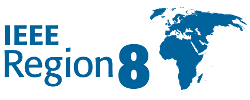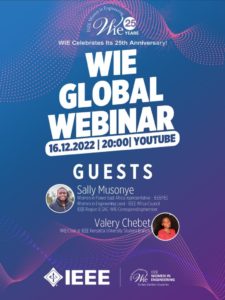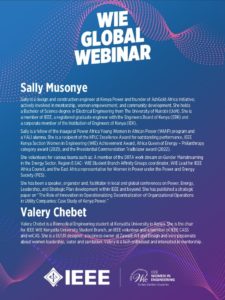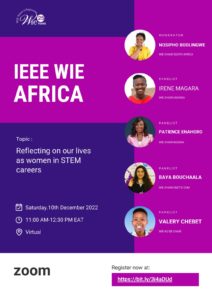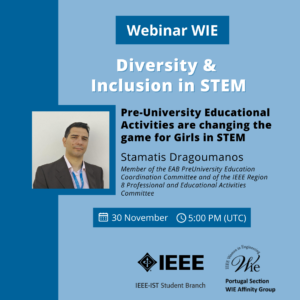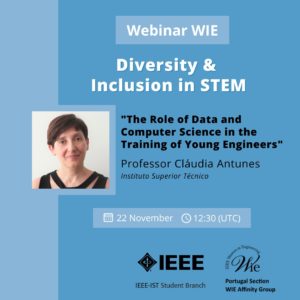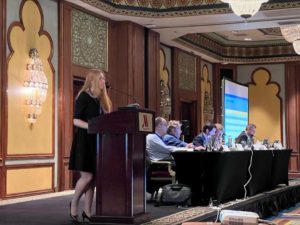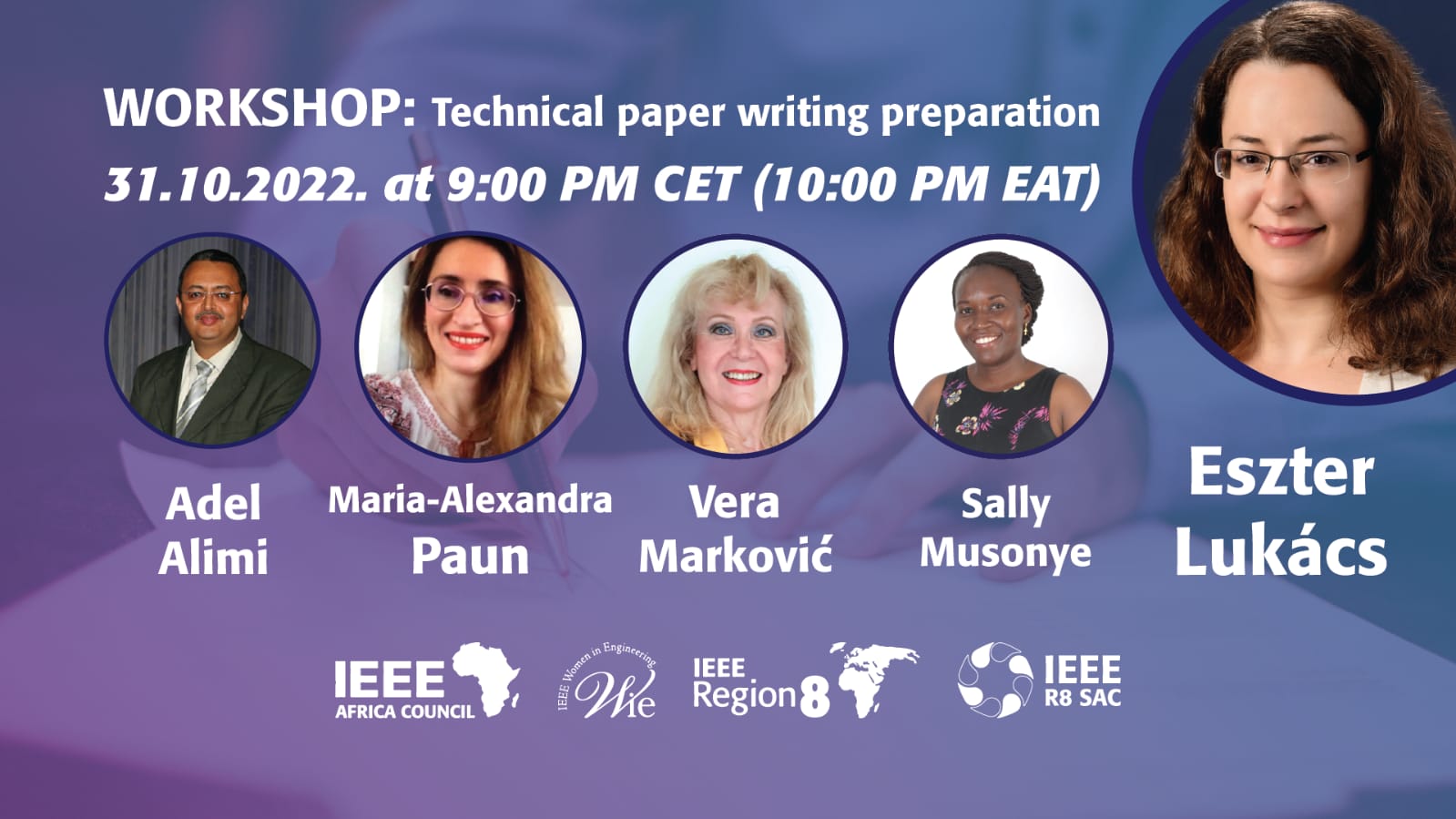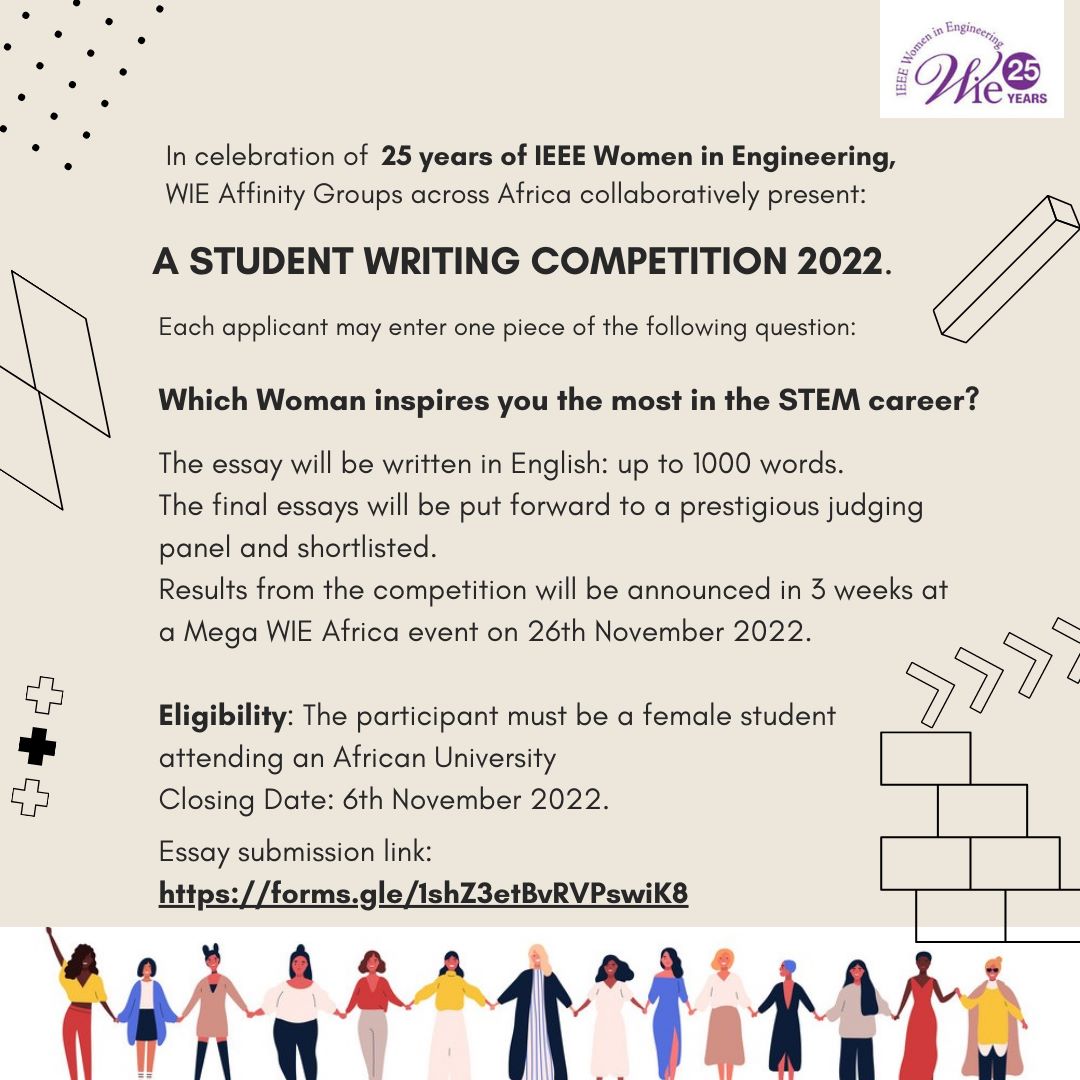ICT and Energy in the Energy Transition Roundtable
6 December 2022 • 9:00am ET

Participate in a discussion on ICT (Information and Communications Technology) and Energy in the Energy Transition. Hear from subject matter experts on this important topic of ICT and energy, and moderated by Mike Hinchey, 2022-2023 Chair of the IEEE Global Public Policy Committee. This complimentary live, 90-minute virtual event will be held on 6 December 2022 at 9 AM ET. This event in the IEEE Future Tech Forum series is organized by IEEE Future Directions and in collaboration with the IEEE European Public Policy Committee.
Information and Communication Technologies (ICT) and the massive deployment of Edge-to-Cloud information processing have had major impacts in digitalizing our society and economy, offering new opportunities for improved efficiency and creating new jobs. On the other hand, the electricity system and the energy system in general are going through a period of unprecedented changes and challenges. These changes are making the operation of power systems fundamentally more complex. Power electronics is transforming the network from a system of slow reacting mechanical generators controlled by people in control rooms to a distributed system that requires complex interaction of electronic components equipped with intelligence.
As a result, the data generated, collected, and transmitted to allow the functioning of such a system will grow significantly. This growth in data management is not marginal and it is happening while ICT infrastructures are already facing unprecedented growth in the amount of data they handle. While the power grid in the (near) future will depend on ICT to operate properly, it is also true that ICT infrastructure will become more of a significant share of the load for the electricity system itself.
Is it necessary to consider the potential for maximizing energy efficiency by using ICT in all situations where it has not already been applied (industry, homes, offices) as a key enabler for the energy transition?
Who will benefit from making ICT manufacturing and operations green and more energy efficient?
The overall situation brings us to a fundamental question of sustainability; can we find the right synergies between ICT and energy to achieve the environmental goals?
Moderator: Mike Hinchey, 2022-2023 Chair IEEE Global Public Policy Committee
Featured Panelists:
- Adrian Ionescu, IEEE EPPC ICT Working Group
- Antonello Monti, IEEE EPPC Energy Working Group
- Massimo Pellegrino, IEEE European Public Policy Program Manager
Event Moderator
 Professor Mike Hinchey is Professor of Software Engineering and Head, Department of Computer Science & Information Systems at University of Limerick, Ireland, where he is also Emeritus Director of Lero, the Science Foundation Ireland Research Centre for Software. Prior to joining the University, Professor Hinchey was the Director of the NASA Software Engineering Laboratory. In 2009, he was awarded NASA’s Kerley Award as Innovator of the Year and is one of only 36 people recognized in the NASA Inventors Hall of Fame. Professor Hinchey holds a B.Sc. in Computer Systems from University of Limerick, an M.Sc. in Computation from University of Oxford and a PhD in Computer Science from University of Cambridge. Professor Hinchey is a Chartered Engineer, Chartered Engineering Professional, Chartered Mathematician and Charted Information Technology Professional, as well as a Fellow of the IET, British Computer Society, Engineers Australia, Engineers Ireland, and Irish Computer Society, of which he was also President (2018-2021). Hinchey is Past President of IFIP, the International Federation for Information Processing (www.ifip.org) , 2016-2022. He is Editor-in-Chief of Innovations in Systems and Software Engineering: a NASA Journal and Journal of the Brazilian Computer Society. In January 2018, he became an Honorary Fellow of the Computer Society of India and was the SEARCC Global ICT Professional of the Year 2018. He was elected to the 2022-2025 IEEE Computer Society Board of Governors and is Chair of the IEEE Global Public Policy Committee in 2022 and 2023 and the IEEE Conduct Review Committee in 2023. He is IEEE Region 8 Director-Elect (2023-2024) and Director (2025-2026).
Professor Mike Hinchey is Professor of Software Engineering and Head, Department of Computer Science & Information Systems at University of Limerick, Ireland, where he is also Emeritus Director of Lero, the Science Foundation Ireland Research Centre for Software. Prior to joining the University, Professor Hinchey was the Director of the NASA Software Engineering Laboratory. In 2009, he was awarded NASA’s Kerley Award as Innovator of the Year and is one of only 36 people recognized in the NASA Inventors Hall of Fame. Professor Hinchey holds a B.Sc. in Computer Systems from University of Limerick, an M.Sc. in Computation from University of Oxford and a PhD in Computer Science from University of Cambridge. Professor Hinchey is a Chartered Engineer, Chartered Engineering Professional, Chartered Mathematician and Charted Information Technology Professional, as well as a Fellow of the IET, British Computer Society, Engineers Australia, Engineers Ireland, and Irish Computer Society, of which he was also President (2018-2021). Hinchey is Past President of IFIP, the International Federation for Information Processing (www.ifip.org) , 2016-2022. He is Editor-in-Chief of Innovations in Systems and Software Engineering: a NASA Journal and Journal of the Brazilian Computer Society. In January 2018, he became an Honorary Fellow of the Computer Society of India and was the SEARCC Global ICT Professional of the Year 2018. He was elected to the 2022-2025 IEEE Computer Society Board of Governors and is Chair of the IEEE Global Public Policy Committee in 2022 and 2023 and the IEEE Conduct Review Committee in 2023. He is IEEE Region 8 Director-Elect (2023-2024) and Director (2025-2026).
Panelists
 Adrian M. Ionescu is a Full Professor at Ecole Polytechnique Fédérale de Lausanne (EPFL), Switzerland. He received the BS & MS in Electronics and Telecommunications in 1989 from University ‘Politehnica’ Bucharest, Romania. He holds two PhDs: in Microelectronics, from UPB (1994) and in Physics of semiconductors from National Polytechnic Institute Grenoble (1997). He is director of Nanoelectronic Devices Laboratory of EPFL, Switzerland. His group pioneered steep slope devices, phage change devices, sensors and MEMS resonators for energy efficient Edge AI applications. He published more than 600 articles. He is recipient of IBM Faculty Award 2013 and of André Blondel Medal 2009. In 2015 he was elected member of Swiss Academy of Technical Sciences. He received an ERC Advanced Grant in 2016 and the EDL IEEE George Smith Award in 2017. He is an IEEE Fellow and he served as Editor of IEEE TED and as member of PUB committee of EDS. He is currently a member of the Editorial Board of Proceedings of IEEE and serves in the ICT sub-committee of IEEE European Public Policy (EPPC).
Adrian M. Ionescu is a Full Professor at Ecole Polytechnique Fédérale de Lausanne (EPFL), Switzerland. He received the BS & MS in Electronics and Telecommunications in 1989 from University ‘Politehnica’ Bucharest, Romania. He holds two PhDs: in Microelectronics, from UPB (1994) and in Physics of semiconductors from National Polytechnic Institute Grenoble (1997). He is director of Nanoelectronic Devices Laboratory of EPFL, Switzerland. His group pioneered steep slope devices, phage change devices, sensors and MEMS resonators for energy efficient Edge AI applications. He published more than 600 articles. He is recipient of IBM Faculty Award 2013 and of André Blondel Medal 2009. In 2015 he was elected member of Swiss Academy of Technical Sciences. He received an ERC Advanced Grant in 2016 and the EDL IEEE George Smith Award in 2017. He is an IEEE Fellow and he served as Editor of IEEE TED and as member of PUB committee of EDS. He is currently a member of the Editorial Board of Proceedings of IEEE and serves in the ICT sub-committee of IEEE European Public Policy (EPPC).
 Antonello Monti received his Ph.D. degrees in electrical engineering from the Politecnico di Milano, Italy, in 1994. He started his career with Ansaldo Industria and then moved in 1995 to the Politecnico di Milano as an Assistant Professor. In 2000, he joined the Department of Electrical Engineering, University of South Carolina, Columbia, SC, USA, as an Associate Professor and then Full Professor. Since 2008, he has been the Director of the Institute for Automation of Complex Power System, E.ON Energy Research Center, RWTH Aachen University, Germany. Since 2019 he has a joined appointment at Fraunhofer FIT, Center for Digital Energy Aachen.
Antonello Monti received his Ph.D. degrees in electrical engineering from the Politecnico di Milano, Italy, in 1994. He started his career with Ansaldo Industria and then moved in 1995 to the Politecnico di Milano as an Assistant Professor. In 2000, he joined the Department of Electrical Engineering, University of South Carolina, Columbia, SC, USA, as an Associate Professor and then Full Professor. Since 2008, he has been the Director of the Institute for Automation of Complex Power System, E.ON Energy Research Center, RWTH Aachen University, Germany. Since 2019 he has a joined appointment at Fraunhofer FIT, Center for Digital Energy Aachen.
 Massimo Pellegrino is the IEEE European Public Policy Program Manager. Prior to joining IEEE, he served as political affairs officer on emerging security and technology policy matters at the United Nations Office at Geneva. From 2015 to 2016, Mr Pellegrino directed the work of the European Union Institute for Security Studies in the area of outer space and security issues. From 2009 to 2014, he worked in different capacities at the European Space Agency (ESA), European GNSS Agency (GSA), European Commission (EC), and Italian Ministry of Foreign Affairs. Mr. Pellegrino received a Master’s Degree in Space Studies from the International Space University (ISU), as well as a Master’s Degree in Economics, and a Master’s and a Bachelor’s Degree in Industrial and Technology Engineering from the University of Naples Federico II.
Massimo Pellegrino is the IEEE European Public Policy Program Manager. Prior to joining IEEE, he served as political affairs officer on emerging security and technology policy matters at the United Nations Office at Geneva. From 2015 to 2016, Mr Pellegrino directed the work of the European Union Institute for Security Studies in the area of outer space and security issues. From 2009 to 2014, he worked in different capacities at the European Space Agency (ESA), European GNSS Agency (GSA), European Commission (EC), and Italian Ministry of Foreign Affairs. Mr. Pellegrino received a Master’s Degree in Space Studies from the International Space University (ISU), as well as a Master’s Degree in Economics, and a Master’s and a Bachelor’s Degree in Industrial and Technology Engineering from the University of Naples Federico II.
